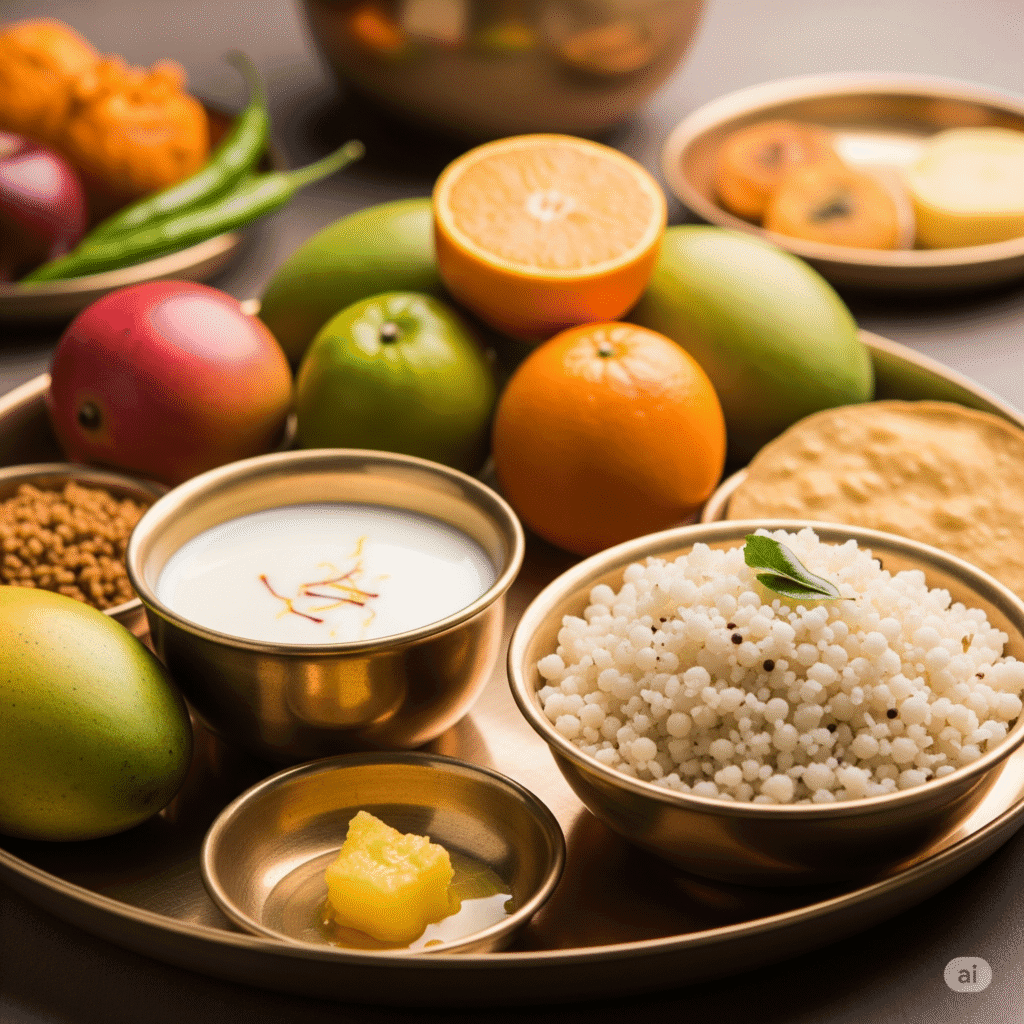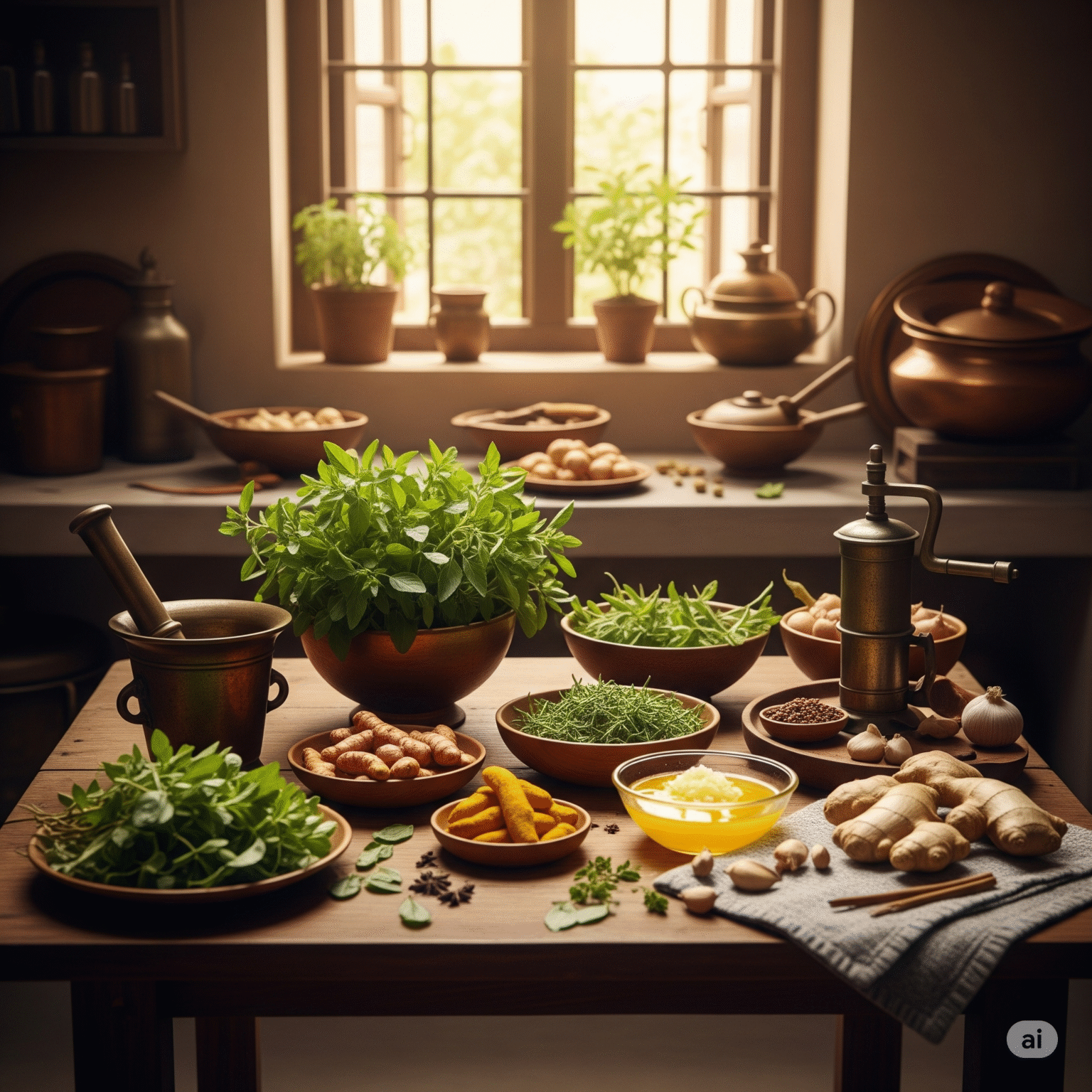Shravan Maas, often referred to as Shravan Month, is a time of great spiritual and cultural importance in the Hindu calendar. Typically occurring in July and August, this month gets its name from the nakshatra (star) Shravan, which is regarded as particularly auspicious. It marks the fifth month of the Hindu lunar calendar and is mainly devoted to Lord Shiva. Throughout India, especially in states like Maharashtra, Gujarat, Madhya Pradesh, Uttar Pradesh, and Bihar, people celebrate this month with various rituals, fasts, and festivals.
Spiritual Significance of Shravan Maas
Shravan is often regarded as the most sacred month of the year. According to ancient Puranic tales, during this period, Lord Shiva consumed the halahala poison that surfaced from the churning of the ocean (Samudra Manthan) to protect the world. In gratitude for his sacrifice, devotees perform Abhishekam (ritual bathing), chant mantras like “Om Namah Shivaya,” and observe fasts, particularly on Mondays, which are known as Shravan Somvar.
Each Monday holds a special significance and is celebrated with great devotion by unmarried women hoping to find the perfect husbands, married women praying for the well-being of their families, and spiritual seekers striving for inner peace.
Rituals and Observances During Shravan Maas
Shravan isn’t just about worship; it’s a beautiful way to connect your body, mind, and soul with the rhythms of nature and the divine. Here are some common rituals that people embrace during this sacred month:
1. Fasting (Upvas)
Many devotees choose to fast on Mondays (Somvar), while others might opt for alternate-day fasting or even a month-long fast. A typical Shravan fast usually consists of fruits, milk, water, and light sattvic meals, which help detoxify the body and soothe the mind.
2. Abhishek and Puja
Devotees often engage in daily or weekly Abhishekam of the Shivling, using water, milk, curd, honey, ghee, and Bilva leaves. Each of these offerings carries its own symbolic and Ayurvedic meaning—like the Bilva leaves, which are known to cool the body and purify the aura.
3. Kanwar Yatra
One of the most significant pilgrimages during Shravan is the Kanwar Yatra. Here, devotees, known as Kanwariyas, walk barefoot to gather sacred water from the Ganga River, which they then offer to Lord Shiva. This practice beautifully showcases the strength of faith and the commitment to physical discipline.

Ayurvedic and Seasonal Relevance of Shravan Maas
Shravan arrives with the monsoon season, a time when our digestive fire, or Agni, tends to be a bit weaker. According to Ayurveda, it’s best to stick to light, nourishing, and sattvic foods during this period to keep our bodies balanced and ward off illness.
- What to avoid: Foods that are overly oily, spicy, or fermented.
- What to enjoy: Fresh seasonal vegetables, ghee, warm soups, herbal teas, and detoxifying ingredients like ginger, turmeric, and tulsi.
- Bilona A2 Cow Ghee is especially important this month—it nourishes our tissues, helps balance Vata and Pitta doshas, and supports rituals like lighting diyas or performing havan.
Additionally, Shravan is a perfect time for a mental detox through practices like meditation, chanting, and self-reflection, as the atmosphere is filled with positive energy from collective prayers and spiritual activities.

Important Festivals During Shravan Maas
1. Nag Panchami – A day dedicated to honoring snakes as divine beings, reflecting our respect for nature and the delicate balance of life.
2. Raksha Bandhan – A joyful celebration of the love and protection shared between siblings.
3. Janmashtami – Commemorating the birth of Lord Krishna, this festival is filled with fasting, singing bhajans, and vibrant midnight festivities.
4. Shravani Purnima – The sacred thread ceremony (Upakarma) for Brahmins, which also happens to be the well-known day for tying Rakhi.
Each of these festivals is rich in cultural significance, emotional depth, and dharmic values, all of which help to strengthen family ties and foster community harmony.

A Month to Reconnect with Simplicity & Nature
In our fast-paced, modern world, Shravan serves as a gentle reminder to take a step back and reconnect with the beauty of simplicity. It’s a time to embrace traditional ways of living—waking up early, enjoying wholesome meals, practicing mindful worship, and engaging in acts of service. For farmers, Shravan is a month filled with hope, as it often brings the much-needed rain for their crops. During this time, cows and bulls are celebrated, the earth is lovingly cared for, and gratitude is expressed to the natural elements that sustain us.
Final Thoughts
Shravan Maas is more than a religious observance—it is a journey inward. Whether you fast, meditate, visit temples, or simply simplify your lifestyle, the spiritual energy of this month uplifts every seeker. It teaches us discipline, devotion, and how to live in harmony with nature and the divine.
As the monsoon washes the earth clean, Shravan gives us the chance to cleanse the soul—to let go of distractions and grow closer to our highest self.
“Use pure A2 Bilona Ghee during Shravan Maas fasting for nourishment and spiritual purity.”
“Learn more about Ayurvedic home remedies that align with the Shravan lifestyle.”
